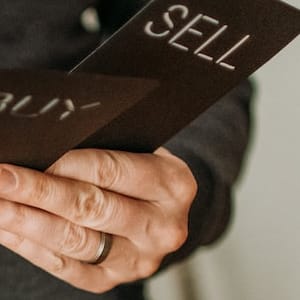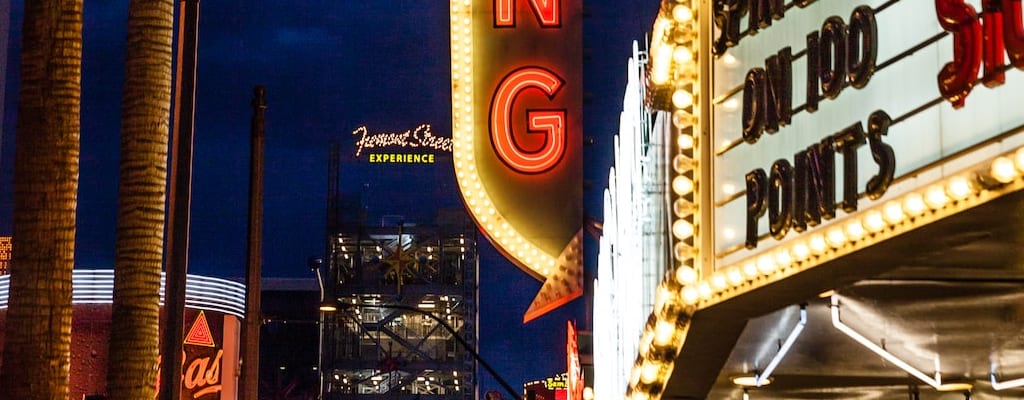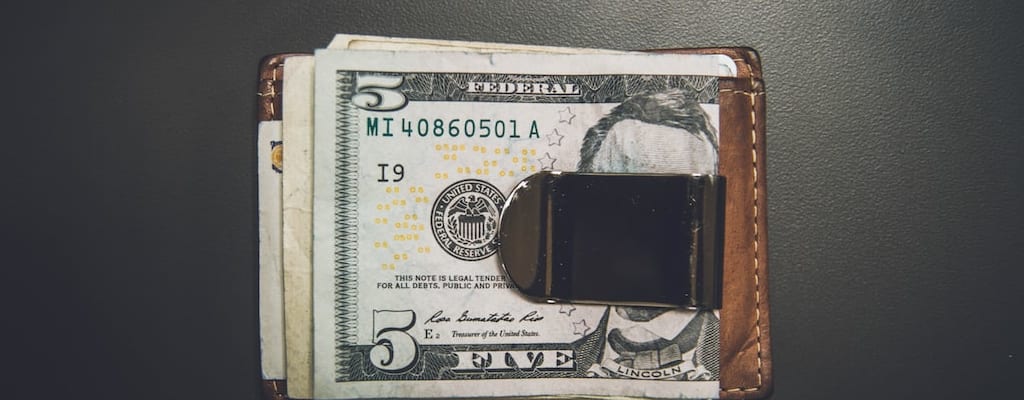even money: Idiom Meaning and Origin
What does ‘even money’ mean?
The idiom even money refers to a situation where the chances of two outcomes are considered equally likely or uncertain.

Idiom Explorer
The idiom "lay odds" is a widely-used expression in the English language. It is often used in informal conversations and has a specific meaning that is easily understood by native speakers.
The idiom "lady or tiger" refers to a situation where there are two equally probable outcomes, one favorable and the other unfavorable, resembling two doors. The outcome can be unpredictable or dependent on unknown factors.
The idiom "in the money" means to be in a financially successful or prosperous situation.
The idiom "if it's all the same" is used to express indifference or lack of preference between different options or outcomes.
The idiom "if anything" is used to express the idea that something is unlikely or even the opposite of what is expected. It introduces a slight doubt or contradiction in a statement.
The idiom "heads or tails" refers to a decision or choice being made by flipping a coin, where "heads" represents one option and "tails" represents another. The outcome determines the decision, leaving it up to chance or fate.
The idiom "go halves" means to share the cost or responsibility of something equally with someone else.
The idiom "go halfsies" means to split the cost or share something equally between two people.
The idiom "five will get you ten" suggests a strong probability or certainty that a particular outcome will occur. It implies that if something is highly likely to happen, it can be predicted with confidence.
The idiom "even the score" means to seek or achieve revenge or retribution, typically in response to a perceived injustice or wrongdoing.
Decoding the Gamblers' Equation
The idiom "even money" is widely used in everyday American English. It is a phrase that is commonly used in gambling and betting contexts, as well as in general conversation regarding probability or likelihood. The idiom is understood to mean that the chances of a certain event happening or the outcome of a situation are considered to be equal or approximately equal. It is often used to describe a situation where the odds are balanced or fair, and the chances of winning or losing are about the same.
The origin of the idiom "even money" can be traced back to the world of horse racing. In horse racing, bookmakers and bettors often use the terms "odds" and "even money" to indicate the potential payout for a particular bet. When a horse is listed as "even money," it means that the odds are one to one, or a 50% chance of winning. This implies that if you bet one dollar on the horse and it wins, you would receive an additional one dollar in return along with your original bet. The term "even money" has since evolved to be used in various situations beyond horse racing.
The idiom has also been adapted for non-gambling contexts to express the idea that something is considered to be equally likely to happen or have equal chances of success or failure. For example, if someone says, "It's even money whether the team will win tomorrow," they are suggesting that there is an equal possibility of the team winning or losing. The idiom is often used to convey a sense of uncertainty or unpredictability, emphasizing the equal likelihood of different outcomes.
Furthermore, the inclusion of the word "even" in the idiom adds emphasis to the idea of balance and equality. The use of "even" implies that the odds or chances of success are leveled, neither favoring one side nor the other. This enhances the perception of fairness and neutrality in the outcome being discussed. The idiom has become ingrained in American English due to its frequent usage in various contexts, particularly in relation to gambling and probability.
The idiom "even money" is often used in conjunction with the phrase "draw even". When someone says they need to "draw even," they typically mean that they are aiming to reach a point where gains and losses are equal. This can be applied to various situations, such as trying to break even financially or to reach a point of balance in a personal relationship. The phrase "draw even" emphasizes the idea of achieving parity or equilibrium.
Another related idiom is "chances are," which is often used to introduce a statement about a probable or likely outcome. For example, someone might say, "Chances are, it will rain tomorrow," to indicate that the likelihood of rain is high. When used in conjunction with "even money," the phrase "chances are" can further emphasize the equal or approximately equal chances of a particular outcome.
The idiom "all the same" is also related to "even money" in the sense that it highlights the idea of equality and equivalence. When someone says "it's all the same," they are suggesting that different options or outcomes have equal value or importance. It can imply that it does not matter which option is chosen or which outcome occurs because they are considered to be equally desirable or undesirable.
The phrase "go halfsies" is another idiom that is related to "even money" in terms of highlighting equality. When someone suggests "going halfsies," they are proposing to split the cost of something equally with another person. This emphasizes a fair distribution of resources or responsibilities and implies that each party will contribute an equal amount.
Similarly, the idiom "lay odds" is also related to "even money" in the sense that it involves the concept of betting or wagering. When someone "lays odds," they are offering or accepting a bet that a particular outcome will or will not occur. The phrase suggests that the person is confident in their prediction and is willing to risk something of value based on the belief in the outcome's likelihood.
The idiom "even money" is a widely used phrase in American English that conveys the idea of equal or approximately equal chances of a certain event happening or a situation's outcome. Its origins can be traced back to the world of horse racing, where it was used to describe the odds of a bet. Over time, the idiom has expanded beyond gambling contexts and is now used in everyday conversation to express the notion of balance and fairness in the likelihood of different outcomes. As with many idioms, the exact origins and evolution of "even money" may remain somewhat ambiguous. However, its usage and understanding among native speakers are clear, highlighting the enduring appeal and versatility of this linguistic expression.
Example usage
Here are three examples of how the idiom "even money" can be used in a sentence:
1. I'm not sure which team will win the game, but it's currently "even money" that either one could come out on top.
2. The horse race was so close that the odds were "even money" for two of the top contenders.
3. The poker player was confident in his hand and decided to go all in, believing it was "even money" that he would win the round.
More "Gambling" idioms

